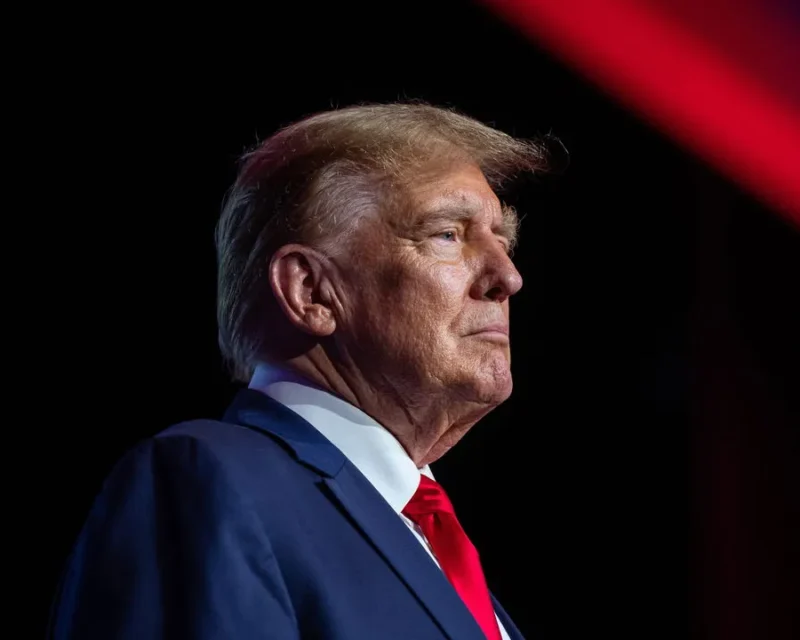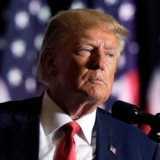The Rise of Truth Social: A New Era in Media or Political Theater?
The parent company of Truth Social, Trump Media & Technology Group (TMTG), has announced its plans to become a publicly traded company. The decision comes amidst much speculation about the future of Truth Social and its potential impact on the media landscape. the stock is set to trade on the Nasdaq under the ticker symbol ‘DJT’, a nod to its high-profile founder, former President Donald J. Trump.
The emergence of Truth Social, billed as a conservative alternative to mainstream social media platforms, has been met with both anticipation and skepticism. Its mission to provide a platform for free speech has resonated with many who feel disenfranchised by what they perceive as censorship on platforms like Twitter and Facebook. However, concerns have also been raised about the potential for Truth Social to become an echo chamber for right-wing ideology and misinformation.
The decision to take the company public adds another layer of complexity to an already contentious debate. On one hand, it signals confidence in the viability of Truth Social as a business venture. By opening up ownership to the public, they’re inviting investors to share in the potential profits of what could become a significant player in the social media space. This move could also provide them with the capital needed to further develop and expand Truth Social, potentially increasing its reach and influence.
On the other hand, the decision to go public raises questions about the motivations behind Truth Social and its parent company. Is this move driven by a genuine desire to provide a platform for free expression, or is it simply a means for former President Trump to maintain his relevance and influence in the political sphere? Critics argue that by taking the company public, he is seeking to capitalize on his political brand, potentially at the expense of the public good.
Moreover, the choice of Nasdaq as the exchange for TMTG’s stock listing is significant. Nasdaq is home to many of the world’s leading technology companies, and its inclusion of it speaks to the growing convergence of technology and politics. It also raises questions about the role of big tech in shaping the public discourse and the extent to which political considerations influence corporate decision-making.
As Trump Media & Technology prepares to go public, the eyes of the media, investors, and the public will be closely watching. The success or failure of Truth Social could have far-reaching implications for the future of social media, free speech, and the intersection of technology and politics. Whether it will truly live up to its name and provide a platform for truth remains to be seen. But one thing is certain: the era of Truth Social has only just begun, and its impact is likely to be felt for years to come.





